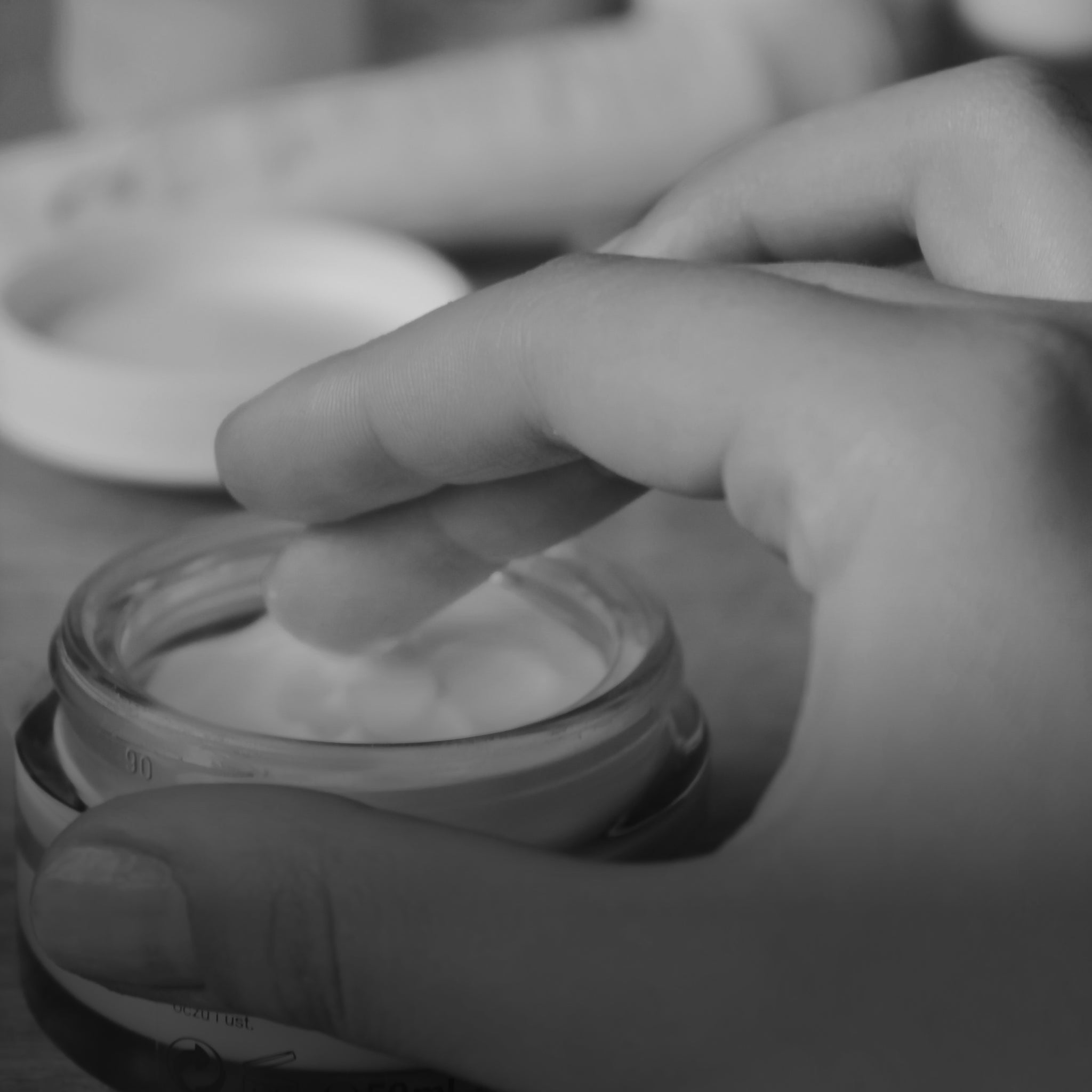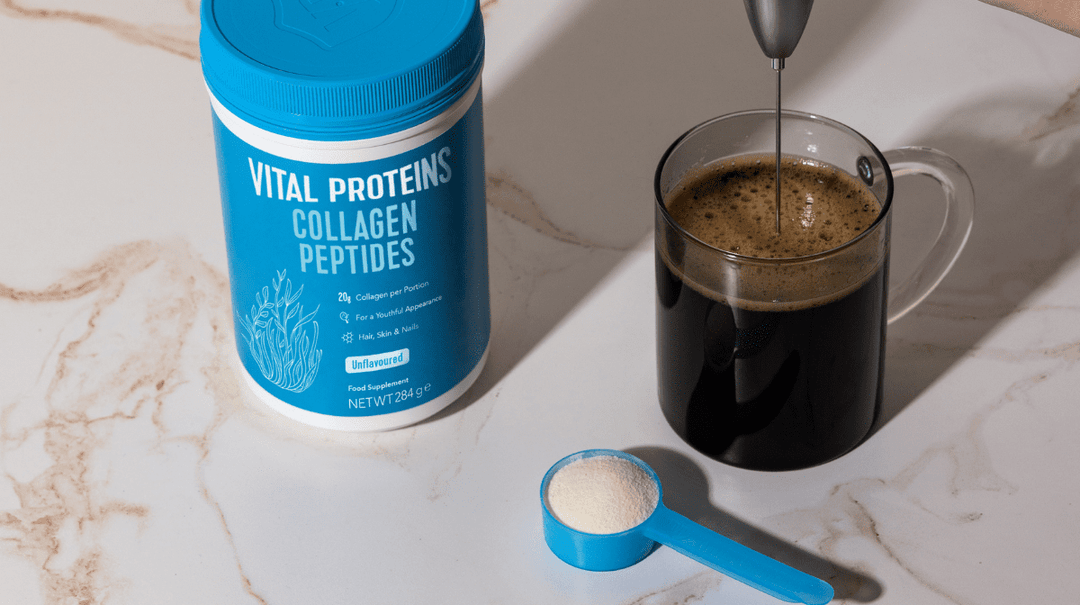Top Sensitive Skin Solutions for Soothing Irritation and Discomfort
If you have sensitive skin, you know how easily it can react—flushing, stinging, itching, or developing dry patches seemingly out of nowhere. From environmental stressors to harsh skincare products, irritation can come from multiple sources. But don’t worry—relief is possible with various sensitive skin solutions . With the right ingredients and routines, you can restore comfort and calm to your skin.
Introduction to Sensitive Skin
-
Sensitive skin is a common condition characterized by skin sensitivity and irritation - it can be caused by external and internal factors, such as harsh soaps, fragrances, and emotional stress.
-
Understanding skin sensitivity is crucial for developing an effective care routine that helps protect the skin’s protective barrier and reduces moisture loss.
-
Sensitive skin types require gentle skincare products that are fragrance-free and alcohol-free to avoid irritation and dryness.
-
A dermatologist can help determine the best course of treatment for sensitive skin and recommend suitable skincare products.

Understanding Skin Sensitivity
-
Skin sensitivity can be caused by a variety of factors, including hormonal changes, environmental factors, and skin conditions like eczema and rosacea.
-
Identifying the underlying causes of skin sensitivity is essential for developing a personalized care routine that addresses specific skin concerns.
-
Sensitive skin can be prone to dryness, uneven skin tone, and skin irritation, making it essential to use gentle, nourishing skincare products.
-
The skin barrier function plays a critical role in maintaining healthy skin, and using products that help restore and protect it can be beneficial.
Skin Health
-
Maintaining healthy skin is crucial for overall well-being, and sensitive skin requires extra care and attention.
-
Using skincare products that are designed for sensitive skin can help soothe and calm irritation, reducing redness and inflammation.
-
A consistent care routine that includes gentle cleansing, moisturizing, and sun protection can help protect the skin from harmful UV rays and environmental stressors.
-
Eating a balanced diet rich in antioxidants and staying hydrated can also support skin health and reduce sensitivity.
Dry Skin
-
Dry skin is a common condition that can be caused by moisture loss, harsh soaps, and cold weather.
-
Using rich, nourishing moisturizers that are designed for dry skin can help restore the skin’s natural barrier function and reduce dryness and irritation.
-
Applying moisturizer immediately after bathing or showering can help lock in moisture and soothe dry skin.
-
Avoiding harsh soaps and fragrances can also help reduce irritation and dryness.
Allergic Contact Dermatitis
-
Allergic contact dermatitis is a skin condition that occurs when the skin comes into contact with an allergen or irritant.
-
Symptoms can include redness, itching, and inflammation, and can be treated with topical creams and ointments.
-
Avoiding known allergens and irritants is essential for preventing allergic contact dermatitis, and using gentle, fragrance-free skincare products can help reduce the risk of irritation.
-
If symptoms persist, it is essential to consult a dermatologist for proper diagnosis and treatment.
Skin Types
-
There are several different skin types, including normal, dry, oily, and combination skin, each with its unique characteristics and needs.
-
Sensitive skin can occur in any skin type, and using skincare products that are designed for sensitive skin can help soothe and calm irritation.
-
Understanding your skin type is essential for developing an effective care routine that addresses specific skin concerns and needs.
-
Using products that are suitable for your skin type can help maintain healthy skin and reduce sensitivity.
Makeup for Sensitive Skin
-
Choosing makeup products that are designed for sensitive skin can help reduce the risk of irritation and allergic reactions.
-
Looking for products that are labeled as “hypoallergenic” or “fragrance-free” can help minimize the risk of irritation.
-
Avoiding heavy or oily makeup products can also help reduce the risk of clogged pores and irritation.
-
Removing makeup gently and thoroughly can help prevent irritation and dryness.
Care Routine
-
Developing a consistent care routine is essential for maintaining healthy skin and reducing sensitivity.
-
Using gentle, nourishing skincare products that are designed for sensitive skin can help soothe and calm irritation.
-
Cleansing, moisturizing, and sun protecting are essential steps in any care routine, and should be done gently and thoroughly.
-
Avoiding harsh products and exfoliants can also help reduce irritation and dryness.
Lifestyle Changes
-
Making lifestyle changes, such as reducing stress, getting enough sleep, and staying hydrated, can help support skin health and reduce sensitivity.
-
Avoiding environmental stressors, such as pollution and smoke, can also help reduce irritation and dryness.
-
Eating a balanced diet rich in antioxidants and omega-3 fatty acids can help support skin health and reduce inflammation.
-
Exercising regularly can also help improve skin health and reduce stress.
Natural Remedies
-
Using natural remedies, such as aloe vera and lemon balm, can help soothe and calm irritation, reducing redness and inflammation.
-
Applying cool compresses or cold packs can also help reduce inflammation and itching.
-
Taking oatmeal baths can help soothe and calm dry, itchy skin.
-
Using gentle, fragrance-free skincare products can also help reduce irritation and dryness.
What Is Sensitive Skin as a Skin Condition?
Sensitive skin is not a medical diagnosis, but rather a common skin condition characterised by increased reactivity to skincare products, weather changes, and environmental factors. People with sensitive skin often experience signs and symptoms like:
-
Redness
-
Burning or stinging sensations
-
Dryness or tightness
-
Itching
-
Flaking or rash-like irritation
How to Treat Sensitive Skin
Treating sensitive skin starts with strengthening the skin barrier and eliminating common irritants. Here's how you can soothe, protect, and support your sensitive skin daily with products designed for this purpose :
1. Simplify Your Skincare Routine
Use a gentle, fragrance-free cleanser, a hydrating moisturiser with ceramides, and a mineral-based SPF. Avoid using too many products at once, especially activities like retinol or strong acids, and opt for an alcohol free option .
2. Choose Soothing Ingredients
Look for calming ingredients such as calm essential soothing emulsion :
-
Aloe vera
-
Colloidal oatmeal
-
Centella Asiatica (Cica)
-
Niacinamide
-
Panthenol (Pro-vitamin B5)
These help reduce inflammation, redness, and discomfort.
3. Avoid Common Triggers
Steer clear of:
-
Fragrances and dyes
-
Alcohol-based products
-
Rough exfoliants
-
Hot water during cleansing or bathing
4. Moisturise Consistently
Moisturising helps seal in hydration and protect the skin barrier. Incorporate this into your daily routine by applying after washing, while skin is still slightly damp, for best results.
5. Wear Sunscreen Daily
UV rays can exacerbate sensitive skin. Use a broad-spectrum mineral sunscreen (zinc oxide or titanium dioxide), which is less likely to cause a reaction.
Sensitive Skin Care: How to Build a Calming Routine
Taking care of sensitive skin requires a gentle, consistent, and protective approach. Whether you’re dealing with redness, dryness, or stinging due to weakened skin , the right skincare routine can help reduce flare-ups and support your skin’s natural barrier.
1. Start with a Mild Cleanser
Use a fragrance-free, non-foaming cleanser that won’t strip away natural oils.
Tip: Look for cleansers with hydrating ingredients like glycerin, ceramides, or shea butter.
2. Apply a Soothing Toner (Optional)
If your skin tolerates it, a toner with aloe vera, rose water, or thermal spring water can help calm irritation. Avoid toners with alcohol or witch hazel.
3. Use a Lightweight, Barrier-Repairing Moisturiser
Hydration is key for sensitive skin. Choose a moisturiser that includes ingredients beneficial for conditions like eczema :
-
Ceramides
-
Hyaluronic acid
-
Niacinamide (soothing and helps reduce redness)
4. Protect with Mineral Sunscreen
Sensitive skin often reacts to chemical sunscreens. Choose a physical (mineral) sunscreen with zinc oxide or titanium dioxide. These are less likely to irritate.
5. Keep it Simple
Avoid overloading your skin with too many actives or steps. A basic routine of cleanser → moisturiser → sunscreen is ideal. If needed, you can introduce treatments slowly and one at a time.
Final Thoughts
Sensitive skin doesn’t have to be a source of constant frustration. With the right combination of gentle products and skin-loving habits, you can calm irritation and enjoy a more comfortable, confident complexion.
FAQs
1. What causes sensitive skin to flare up?
Sensitive skin can be triggered by various factors such as harsh skincare ingredients, environmental conditions (wind, sun, cold), stress, hormonal changes, or overuse of exfoliants. Identifying your specific triggers is key to managing flare-ups effectively.
2. How can I tell if a product is suitable for sensitive skin?
Look for labels that say “fragrance-free,” “hypoallergenic,” or “dermatologist-tested.” Choose products with minimal ingredients and avoid alcohol, essential oils, and synthetic dyes. Always perform a patch test before using new products.
3. Are natural or organic products better for sensitive skin?
Not always, as some ingredients can lead to allergic reactions . While some natural ingredients like aloe vera and oatmeal can be soothing, others (like citrus oils or lavender) may irritate sensitive skin. Focus on formulations designed specifically for sensitive skin, regardless of whether they’re natural or synthetic.
4. How often should I exfoliate if I have sensitive skin?
Limit exfoliation to once or twice a week using gentle chemical exfoliants like lactic acid or PHAs. Avoid physical scrubs with rough particles, which can cause microtears and worsen irritation.
5. Can sensitive skin become less reactive over time?
Yes, with the right care and by avoiding irritants, you can strengthen your skin barrier and reduce sensitivity. Consistent use of calming, barrier-repairing products, including treatment oil, helps the skin become more resilient over time.

















